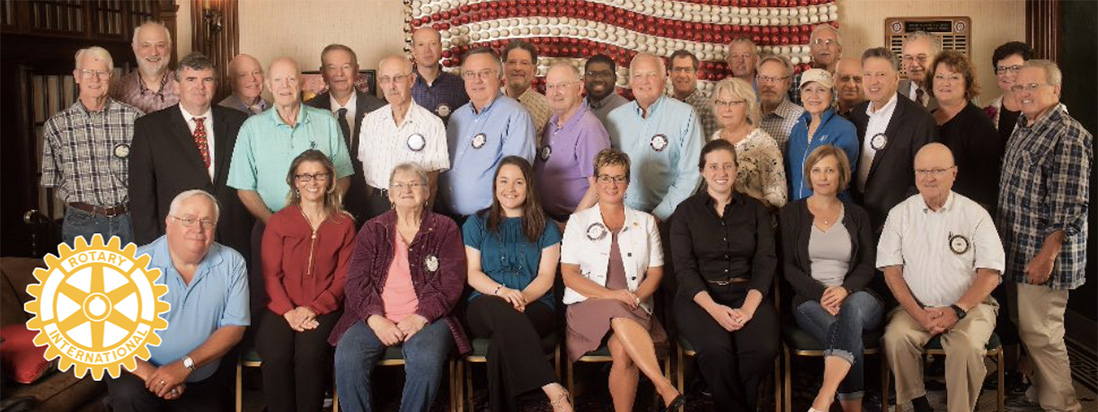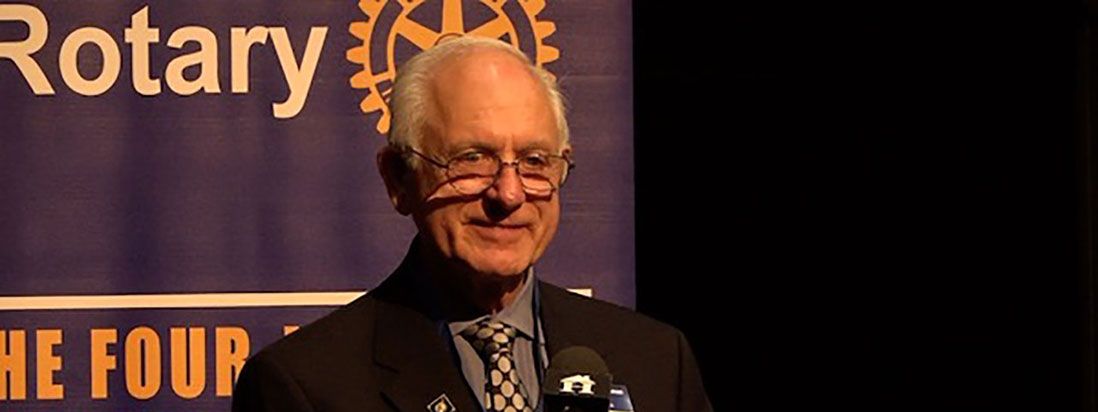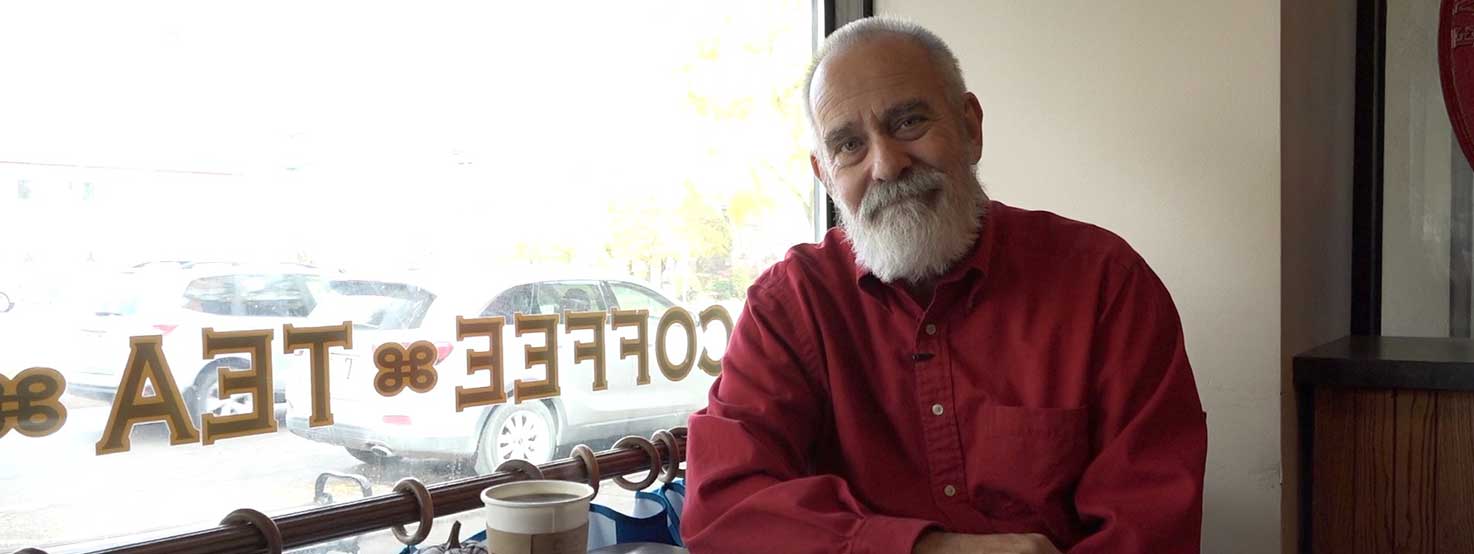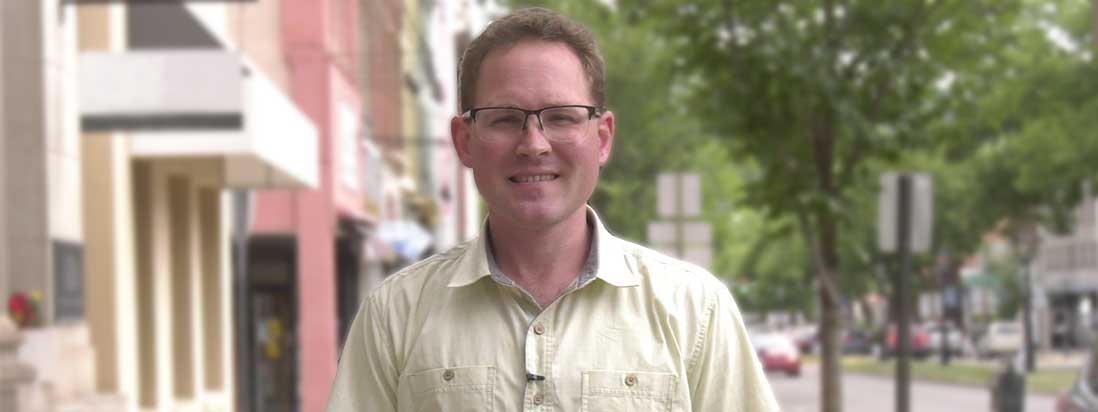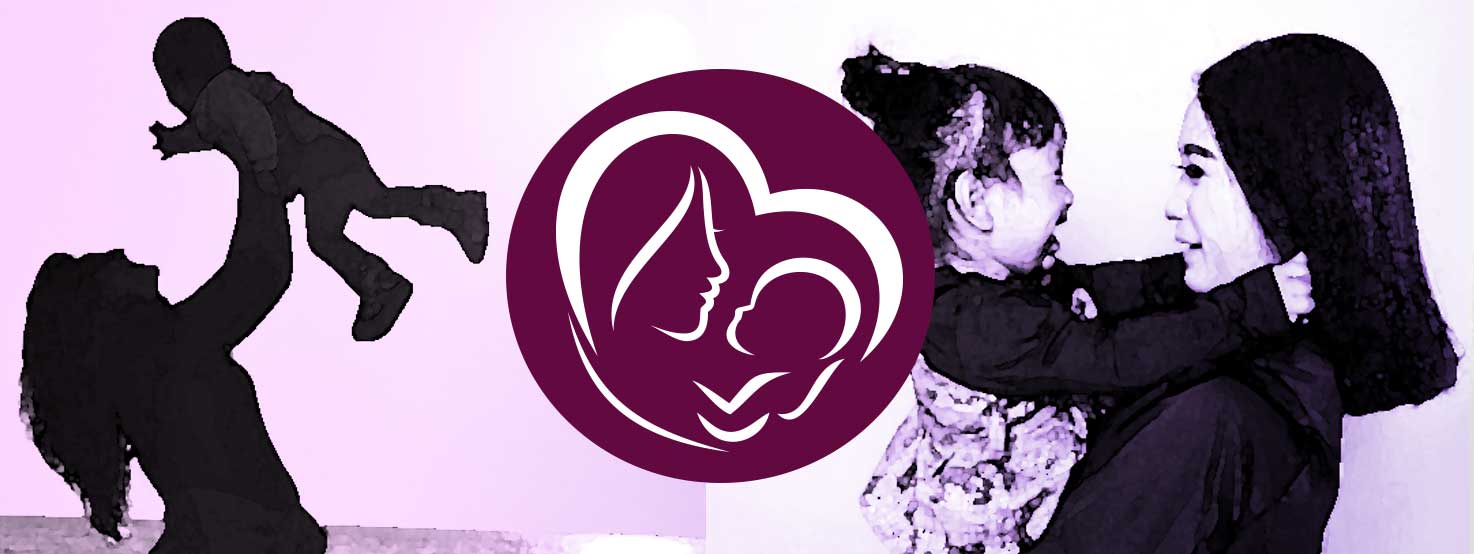
COVID-19 Vaccines And Pro-Life Concerns
The Home Page Network has received this latest update from Father David Bechtel regarding all three of the COVID-19 Vaccines and the Catholic Church’s position.
STATEMENT FROM BISHOP BAMBERA
“The COVID-19 pandemic has caused tremendous grief and fear in our country and world over the last year, leaving more than 500,000 dead in the United States alone.
“I want to be clear and concise in my pastoral guidance regarding COVID-19 vaccines. Given the grave danger this virus poses, it is morally acceptable to receive any of the current COVID-19 vaccines that have been determined to be clinically safe and effective. This position is supported by the Congregation for the Doctrine of the Faith.
“People should not delay getting a vaccine. Receiving a vaccine not only protects an individual’s health but also serves the common good by protecting the community – including the weak and vulnerable.
“While fully recognizing the complex moral and ethical issues involved in vaccine development, at this time, most people are not being given a true choice of which vaccine they receive, and likely won’t be able to make such a choice without a lengthy delay.
“Given that risk to public health, the faithful can in good conscience receive any of the current vaccines.”
COMMENTS FROM FATHER DAVID BECHTEL OF ST. PETER’S CATHOLIC CHURCH IN WELLSBORO
Bishop Bambera seems to be saying any of the vaccine options are legitimate. Bishop Bambera is the bishop of our diocese, and so the bishop’s position would be my position on this complex issue.
So–the bishop’s judgment seems to be that notwithstanding the moral issues that surface with the Carona vaccine, one may accept any of the vaccines offered without fear of sin.
That being said, it is also the position of the Catholic Church that one’s conscience comes before all else, and one is accountable to their conscience before anything else. Thus, those who still believe they cannot accept the vaccine in good conscience, are certainly free not to accept it. But those who do accept it aren’t sinning.
Thanks,
Father Dave Bechtel
ADDITIONAL THOUGHTS AND CLARIFICATIONS
Here are some additional thoughts and clarifications from The Reverend David W. Bechtel that you may find helpful. The following was taken from St. Peter’s Church Weekly Bulletin, dated February 21, 2021.
Some Catholics have been concerned about the Corona Virus vaccine because of its link with abortion. Is it morally justifiable to accept a vaccine that is linked with abortion? To answer the question I first have to explain the “link” with abortion. Once this is explained I will explain the Principle of Cooperation, a moral theological principle that is applied in questions like this.
The Corona vaccines do not include cells from aborted fetuses. The Corona vaccines were not tested on cells from aborted fetuses. Corona vaccines were tested on “fetal cell lines.” Fetal cell lines are cells that grow in a laboratory; they descend from cells that came from aborted fetuses in the 70’s and 80’s. Fetal cell lines are thousands of generations removed from the actual aborted fetuses from which they descend. The long and short of it is this: Fetal cell lines are decedents of aborted fetal cells, thousands of generations removed from the original fetal cells; not actual aborted fetal cell tissue.
Now I will explain the Principle of Cooperation. Catholics have a moral obligation to seek what is good and avoid what is evil. That sounds simple enough. The problem is that there are times when it might be necessary to cooperate in the evil of another person in order to bring about good or seek what is good. It is never morally permissible to commit sin to bring about a good. The principle of cooperation seeks to distinguish between that line: between a direct sin to bring about good vs. regrettable but morally justifiable cooperation with evil to bring about a good.
Note that “cooperation” is distinct from “scandal.” Scandal is an action that directly influences another to sin. Cooperation is an action that enables or facilities the sin of another without influencing the person’s will to sin. Cooperation can be formal or material. Formal cooperation with evil is sinful. When one formally cooperates with evil, one is helping the other to sin; one is directly connected to the sin. For example: a person who pays for an abortion, performs the abortion or drives a woman to the abortion clinic. The person paying for the abortion, performing the abortion or driving the woman to the abortion clinic is directly connected to the evil. They are directly participating in the sin.
Material cooperation is not sinful. An example of material cooperation would be our tax dollars being used to pay for abortions. We have to pay taxes. I do not want my tax dollars to pay for abortions, but I have no direct control, save my vote, as to how tax dollars are spent. In this case, I have no direct control over what the government does with my tax dollars; my paying of my taxes does not mean I support abortion. Note that in material cooperation with evil, there is no direct connection between the individual and the evil of another individual. Another example of material cooperation would be a gun shop owner. A person goes to the shop to purchase a gun. That person uses the gun to commit a crime. That does not mean the gun shop owner enabled the crime or supported the crime. The person who purchased the gun misused the gun; he/she used the gun for a purpose it wasn’t designed. That is not the fault of the gun shop owner. The gun shop owner, therefore, is connected with the crime in no substantive sense.
The development of the Corona Vaccine is not directly tied to the evil of abortion. This is why Catholics, can, in good conscience receive the vaccine. We are not cooperating in the evil of abortion by accepting the vaccine. There is no direct connection between development of the vaccine, our reception of the vaccine and abortion. Only in the loosest sense is there even a correlation between the development of the vaccine, reception of the vaccine and abortion. It is because of this that Catholics may, in good conscience, accept the vaccine. I have already received the first dose of the vaccine; the second I will receive on March 2.
Despite the above, there are some Catholics who still feel in their conscience that taking the vaccine would be sinful. In this, I cannot tell someone to violate their conscience. If you feel in conscience that you would be committing a sin to accept the vaccine, then you must follow your conscience. From the perspective of the Catholic Church, there is no sin involved in accepting the vaccine for the reasons I explained above. However, individuals are accountable to their conscience before they are accountable to the Church.
Before I close, I need to state that dissenting Catholics argue that they are only following their conscience in dissenting from Church teaching. Catholic teaching has always regarded the conscience as supreme. It does not follow that the supremacy of conscience gives one a license for Cafeteria Catholicism or a license to sin. The reasons why are for another article.
That’s the way it is,
The Reverend David W. Bechtel, Pastor
Credits:
Writing: Bishop Bambera and The Reverend David W. Bechtel






